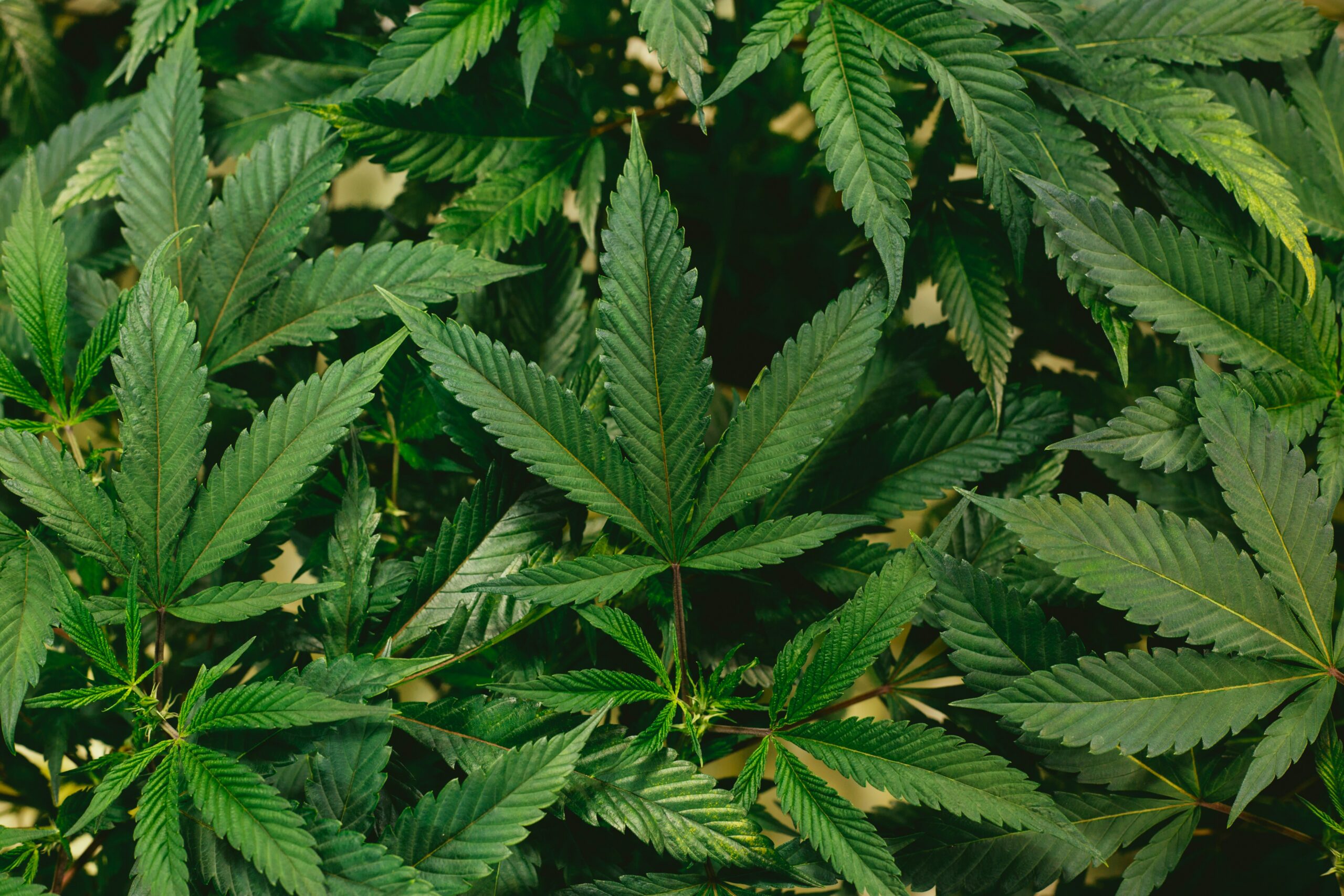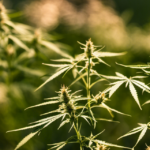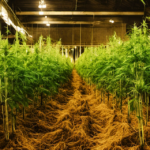Tribally owned marijuana stores have experienced a significant increase in growth, with a rise of approximately 25% since January 2023. As of May 2024, there are now 57 tribally owned medical marijuana dispensaries and adult-use stores in nine states. These stores are owned and operated by Native American tribes, who have looked to diversify their economies and seize the first-to-market advantage in certain states.
Tribally owned cannabis retailers have capitalized on their sovereignty to create unique business models and expand their operations. The NuWu Cannabis Marketplace in Las Vegas, owned by the Las Vegas Paiute Tribe, is among the largest marijuana retail stores in the world. The average size of these stores is around 4,300 square feet, ranging from less than 1,000 square feet to over 10,000 square feet.
Many of these stores offer recreational marijuana, while others offer medical marijuana to card-holding patients. A few stores in South Dakota and North Carolina currently offer medical marijuana only. For example, the Eastern Band of Cherokee Indians’ Great Smoky Cannabis Co. in North Carolina is the only legal dispensary in the state. The store is located on tribal land and currently only sells to patrons with approved, out-of-estate medical marijuana cards or tribal MMJ patient cards.
The tribes’ ability to create their own laws and regulations regarding marijuana has allowed them to create a unique environment. This can sometimes result in a more permissive environment than state laws, but it also can be more restrictive. For example, the tribe may ban cannabis use even in states where recreational marijuana has been legalized.
Tribally owned cannabis retailers have also taken advantage of the opportunity to offer a wider range of products and services. The Great Smoky Cannabis Co., for example, features three drive-thru windows, a flower room, a kitchen for producing edibles, a glass-accessories shop, and a spacious retail floor with an array of budtender stations.
In Minnesota and New York, Native American tribes have been first- movers in their respective markets. In Minnesota, several Native American tribes have opened dispensaries to serve adult-use customers, with plans for additional facilities. The Red Lake Nation and White Earth Nation currently operate dispensaries in northern Minnesota, and both tribes have plans for additional facilities.
In New York, several tribally owned stores have opened, including Little Beach Harvest, which is located on tribal land in the Hamptons and does not charge state tax. The Shinnecock Indian Nation, Cayuga Nation, Oneida Indian Nation, and Seneca Nation have all opened cannabis stores. These stores are taking advantage of the tribes’ sovereignty to create unique business models and expand their operations.
The growth of tribally owned cannabis retailers is expected to continue, with Minnesota being a particularly interesting market to watch. With 11 federally recognized tribes within the state borders, Minnesota’s cannabis laws are designed to leave room for tribal sovereignty. As a result, Minnesota could see some of the fastest growth of tribal cannabis businesses in the United States.
Overall, the growth of tribally owned cannabis retailers is an important development in the cannabis industry. These stores are providing new economic opportunities for Native American tribes and are helping to drive the growth of the cannabis industry as a whole. As the industry continues to evolve, it will be interesting to see how these stores adapt and expand their operations.










